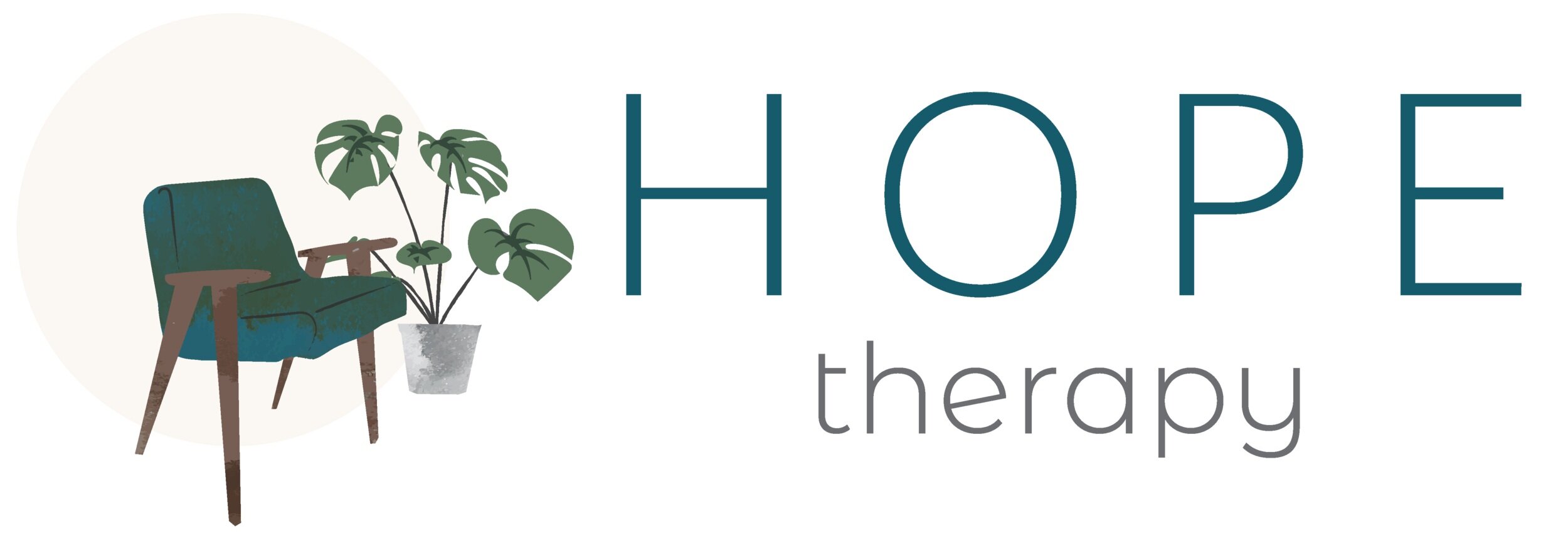sex & Love Addiction
healing packages
Highlights of our most common addiction treatment packages. Please note, these are all completely customizable.
Your therapist will help determine the best package to meet you where you are.
TIER 1
Best suited for clients with lower levels of compulsive behavior, and/or those in need of structure as they begin their recovery and manage relationship crises related to addictive behaviors.
Includes the following services:
Weekly individual therapy [1]
Weekly process group
Associated cost: $1,175/mo.
TIER 2
Best suited for clients exhibiting moderate levels of compulsive behaviors, those struggling with chronic relapses and/or those who need extra support in establishing a foundation for their recovery journey.
Includes the following services:
Weekly individual therapy
Weekly process group
Weekly DBT skills group or extended hours psychoeducation group
Three weekly 10-minute sessions with a recovery coach
Associated cost: $1,675/mo.
TIER 3
Best suited for those exhibiting severe levels of compulsive behaviors, and who pose an ongoing risk to themselves and family as a result of their behaviors. Consists of a higher level of services specified to address high levels of emotional volatility. One step down from an intensive outpatient program (IOP).
Includes the following services:
Weekly individual therapy session
Weekly process group
Extended hours psychoeducation group
Weekly DBT skills group
Five weekly 10-minute sessions with recovery coach
Associated cost: $2,275/mo.
Description of Addiction Recovery Services:
Individual/Couples Psychotherapy Sessions: (50 minutes)
Individual therapy will serve as an ongoing anchor when establishing and maintaining recovery from addiction. Therapy sessions will be tailored to address each client’s specific needs and areas of struggle, with the overall goal of developing tools and resources to establish and maintain sobriety, manage addiction-related relationship crises and restore trust, and identify and resolve historical traumas and abuse. Your relationship with your therapist will be one of the key pillars in your recovery.
Process Group: (90 minutes)
Each week, you will attend one 90-minute group therapy session. Group work has been an essential component of addiction treatment for decades. In this therapist-led group, you will process your progress, emotions and insights with other peers in recovery, as well as develop supportive relationships that are essential to maintaining long-term sobriety.
Dialectical Behavioral Therapy (DBT) Group: (2 hours)
Unlike a process group, a dialectical behavioral therapy (DBT) skills group is more like a class in which you will learn practical skills that you can use to approach life. Group time is not spent on processing feelings. Instead, you will only share personal details of your life if you choose to, and only as they relate to your use of the skills that you are learning.
DBT is widely regarded as one of the most powerful therapy modalities for its help in managing even the most difficult of circumstances. In establishing sobriety from sex and pornography addiction, it also helps those in recovery to develop specific skills and healthy coping mechanisms to manage the emotional distress that is no longer being soothed by addictive behaviors.
Psychoeducation Group Sessions: (50-90 minutes)
For clients who need more ongoing structure in their recovery, extended psychoeducation sessions provide a formalized environment that will help to jump-start their healing. These sessions will incorporate several esteemed therapeutic texts to support the coursework.
Required literature:
Facing the Shadow
Ready to Heal
Moving Beyond Betrayal: The 5-Step Boundary Solution for Partners of Sex Addicts
Recovery Coach Sessions: (15 Minutes Each)
On its own, psychotherapy doesn’t always provide enough support for navigating the ups and downs of early recovery. Video-telehealth coaching sessions give you the opportunity to touch base with your support person to keep you accountable, on track and connected. It’s very easy to isolate yourself when in early recovery. Regularly meeting with your coach can help you enforce the habit of seeking connection versus isolation.
